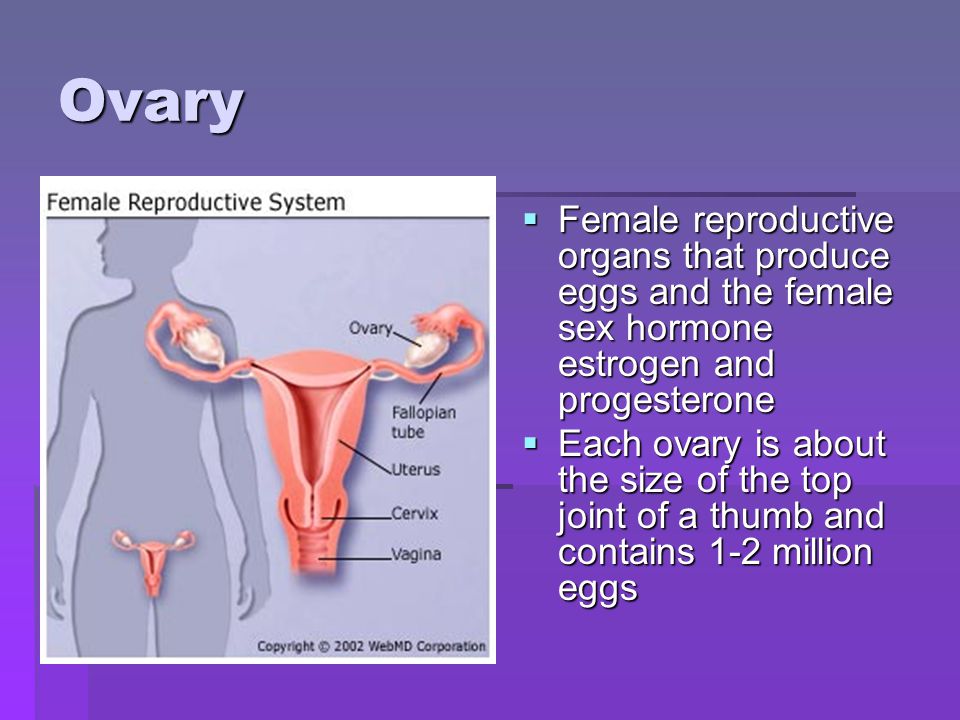What Is Menstrogen?
Menstrogen (Estradiol benzoate/progesterone ) is a female sex hormone that regulates many functions in the female organism. This medicine is currently available under the form of tablets in two concentrations – 1 mg and 2 mg, respectively.
What is Menstrogen tablet used for?
Menstrogen is used to treat women with low levels or an absolute lack of estrogen or progesterone for the management of menopausal symptoms such as vaginal dryness, irritation or burning, or hot flushes – other symptoms that are not listed here may be treated with this medicine as well. Also, this pharmaceutical preparation can be used as a prophylactic agent for the prevention of a medical condition known as osteoporosis in both female and male patients. In some cases, this medicine may also be employed in conjunction with other drugs as part of the treatment for certain types of cancer, both in the case of women and men.
There may be other uses for Menstrogen, which are not covered in this article. If you are interested to find out more about the possible uses of this product, it is recommended that you consult with a pharmacist or a specialized physician.
Can Menstrogen Tablet prevent pregnancy?
Emergency contraceptive pills can be very effective if they are used in time. The sooner you take them after sex, the more effective they are. They cannot prevent pregnancy if you have unprotected sex after taking them. Emergency contraceptive pills can be very effective if they are used in time. The sooner you take them after sex, the more effective they are. Although this drug is used to treat women with low levels or an absolute lack of estrogen or progesterone, a study on Knowledge and Perception of Emergency Contraception Among Female Nigerian Undergraduates reported that Mestrogen was the drug most frequently cited as an emergency contraceptive (50% of women).
Warnings about the use of Menstrogen
Menstrogen (Estradiol Benzoate) should not be administered to patients that are suffering from any type of disorder involving blood clots, or from circulatory / cardiac disorders. Patients who present an undiagnosed, abnormal vaginal bleeding may not start taking this medicine until they undergo medical examination and receive their physician’s approval. Also, patients that have uterine cancer, breast cancer or any type of hormone-dependant cancer may not start a treatment with Menstrogen (Estradiol Benzoate).
Before you start a therapy course with this drug, it is strongly advised to inform your personal physician of any health problems you may be suffering from. In particular, affections such as hypertension, heart disease, angina, high triglyceride / cholesterol levels, renal or hepatic disease, asthma, migraines, epilepsy (or any other disorder involving seizures), diabetes or gallbladder disease should be mentioned, as well as past surgical procedures such as a hysterectomy. Patients suffering from these conditions may require special dosage adjustments or monitoring during the treatment.
Menstrogen (Estradiol Benzoate) may not be administered during pregnancy. Also, for the duration of the therapy you will need to employ an effective, non-hormonal contraceptive method.
Pharmaceutical products based on Estradiol (including Menstrogen (Estradiol Benzoate)) increase the patients’ risk of developing an affection known as endometrial hyperplasia. This can be countered by administration of progestin medication. It is recommended that you consult with your doctor for more information.
Menstrogen intake guidelines
You need to take Menstrogen (Estradiol Benzoate) exactly as directed by your health care specialist. You may take the tablets with a glass of water or with food to reduce stomach upset; however you may not chew, crush or break the tablets. While following a treatment course with Menstrogen (Estradiol Benzoate), you will need to undergo regular medical examination, typically on a monthly basis. Also, you will need to regularly self-examine your breasts for the presence of lumps.
Menstrogen dosage
Your health care specialist will determine the Menstrogen (Estradiol Benzoate) dosage appropriate for your case by taking into consideration a number of factors, most of which are characteristic to you; as such, your medication dosage is very likely to be different from that of other patients’. Because of that, you should never use the Menstrogen (Estradiol Benzoate) dosage that has been prescribed to another patient – you may not obtain the desired results unless you employ the medication dosage best suited for your situation.
At the same time, your physician will inform you regarding the duration of the Menstrogen (Estradiol Benzoate) therapy and the number of daily intakes. Make sure that you understand all of his or her indications. If you have trouble understanding or remembering any of the dosage directions, you should ask your physician to assist you by providing additional information.
Oral Menopausal hormone replacement therapy
Adult: In menopausal women: 10-20 mcg daily in conjunction with a progestogen in women with uterus.
Female hypogonadism
Adult: 10-50 mcg daily in a cyclical regimen.
Palliative treatment of breast carcinoma
Adult: In postmenopausal women: 0.1-1 mg tid.
Palliative treatment of prostatic carcinoma
Adult: 0.15-3 mg daily.
As part of combined oral contraceptive
Adult: As the oestrogenic component of combined oral contraceptive: 20-40 mcg/day.
Menstrogen overdose
If an overdose with Menstrogen (Estradiol Benzoate) is suspected, immediately contact the nearest hospital as the patient may need emergency medical assistance. The most common signs of an overdose are vaginal bleeding, nausea and vomiting.
Menstrogen missed dose
In the event that you miss taking one of your Menstrogen doses, take it when you remember before returning to your normal dosing schedule. However, you should skip taking the missed dose if it is almost time for another dose of the medicine. Consult with your physician if you have missed two or more intakes.
Menstrogen tablets side effects
Side effects of a treatment with Menstrogen (Estradiol Benzoate) include nausea and vomiting, loss of appetite, swelling of the breasts, sex drive changes, impotence (in the case of men), abnormal vaginal bleeding, vaginal dryness, discomfort or pain, break-through bleeding, menstrual period changes, jaundice, sudden weakness or numbness, breast lumps. These are not all the signs and symptoms that may appear. It is best that you check with your doctor at any point during the course of your therapy if anything unusual occurs.
Although uncommon, allergic reactions to Menstrogen (Estradiol Benzoate) are possible. It is strongly recommended that you cease taking the medicine and contact your personal health care provider if you begin experiencing any of the characteristic symptoms – breathing difficulties, swelling of the throat, lips, tongue or face, rashes and hives.
Menstrogen drug reactions
Menstrogen (Estradiol Benzoate) may interact with Phenobarbital, Phenytoin, Ritonavir, Cimetidine, Carbamazepine, Rifampin, blood thinning agents such as Warfarin or with antibiotics (Clarithromycin, Erythromycin, Ketoconazole or Itraconazole). Also, this product may interact with the herbal remedy St. John’s wort. These are not all the possible drug reactions; it is best that you tell your prescriber about any other drugs you are currently taking prior to starting your treatment. In most cases, an adjustment to the medication dosage will ensure the safety of the treatment, reducing the risk of accidental interactions. SEE: Postinor 2 Vs Menstrogen
Pharmacological action
Menstrogen is a progestogen. This medication causes a transition in the endometrium of proliferative phase, called follicular hormone in the secretory phase, and after fertilization promotes its transition to a state necessary for the development of a fertilized egg. Menstrogen (Progesterone) reduces the excitability and contractility of the muscles of the uterus and fallopian tubes, stimulates the development of terminal elements of the breast. It has no androgenic activity. This drug has little effect on protein metabolism, promotes fat deposit and accumulation of glucose in the liver and reduces the reabsorption of sodium in renal tubules.
Menstrogen (Progesterone) has a blocking effect on the secretion of hypothalamic factors LH and FSH release, inhibits the formation of the pituitary gonadotropin-releasing hormone and inhibits ovulation.
Pharmacokinetics
After IM injection Menstrogen (Progesterone) is absorbed rapidly and almost completely. This medication metabolized in the liver, the majority of metabolites formed conjugates with glucuronic and sulfuric acids. T1/2 from plasma is a few minutes. This medicine is excreted in the urine – 50-60%, in feces – more than 10%. The number of metabolites which are excreted in the urine varies, depending on the phase of the corpus luteum.
Why is Menstrogen prescribed?
Capsules Oral – premenstrual syndrome, fibrocystic breast disease, premenopausal, menopause, including premature, postmenopausal women – as the progestogen component of hormone replacement therapy (HRT) in combination with estrogen; Capsules Vaginal – HRT when dormant in the absence of ovarian Menstrogen (Progesterone) (egg donation), support the luteal phase in preparation for in vitro fertilization, support the luteal phase in spontaneous or induced menstrual cycle, prevention of habitual abortion by threatening and progestogen deficiency, endocrine infertility, prevention of uterine fibroids, endometriosis.
Solution in oil: amenorrhea, oligomenorrhea, algomenorrhea (on the basis of hypogenitalism), anovulatory metrorrhagia, infertility, endocrine (including failure of the corpus luteum), the threat of termination of pregnancy, diagnosis of estrogen.
Dosage and administration
Orally, intravaginally, IM, locally. The dosing regimen is individual. The dose, frequency and duration of treatment with Menstrogen are determined according to the scheme depending on the indications and the clinical situation. SEE: Gynaecosid





